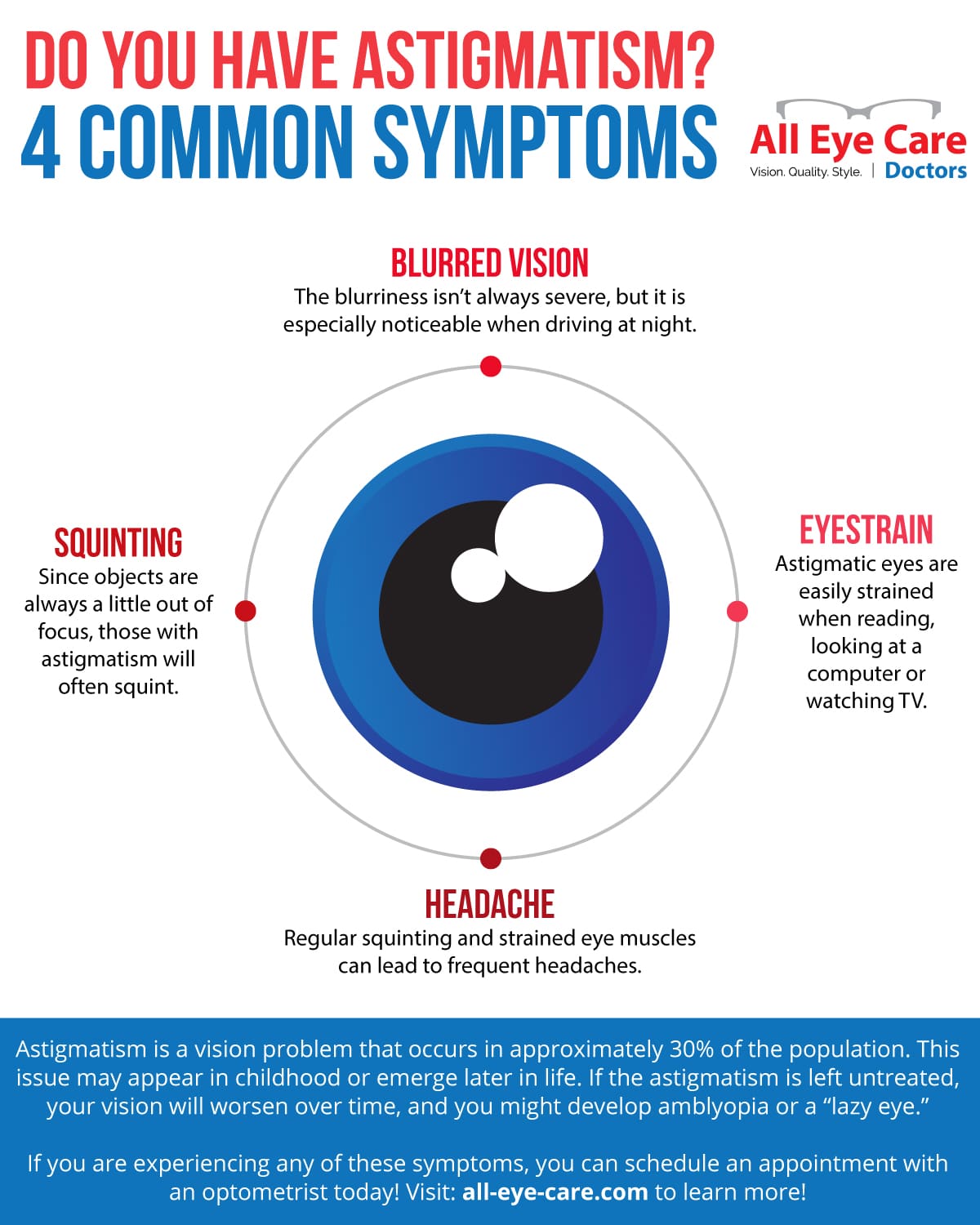Is SMILE Eye Surgery Perfect For You? Secret Insights And Considerations To Assess
Is SMILE Eye Surgery Perfect For You? Secret Insights And Considerations To Assess
Blog Article
Team Author-Hollis Mooney
If you're contemplating SMILE eye surgery, consider this: are you prepared to welcome possible aesthetic freedom, or does the idea of any type of risks make you think twice? Read Full Report will rest on a cautious balance of evaluating the advantages versus the unpredictabilities. It's important to dive much deeper into the nuances of SMILE surgery to make an educated option that lines up with your aesthetic objectives.
Comprehending SMILE Eye Surgical Procedure
When considering SMILE Eye Surgical treatment, it is very important to understand the treatment and its benefits. SMILE, which represents Little Cut Lenticule Extraction, is a minimally intrusive laser eye surgical treatment that deals with common vision problems like nearsightedness (nearsightedness).
During the procedure, your eye doctor will utilize a femtosecond laser to produce a little laceration in your cornea. Via this incision, a little disc of cells called a lenticule is removed, reshaping the cornea and remedying your vision.
Among the essential advantages of SMILE Eye Surgery is its fast healing time. Numerous clients experience improved vision within a day or two after the procedure, with minimal discomfort.
In addition, SMILE is known for its high success rate in supplying long-lasting vision improvement. Unlike Am I Awake During Cataract Surgery , SMILE does not require the production of a flap in the cornea, lowering the risk of complications and allowing for a more secure corneal structure post-surgery.
Comprehending the treatment and its benefits is crucial when considering SMILE Eye Surgical procedure for vision adjustment.
Pros and Cons of SMILE
Taking Into Consideration SMILE Eye Surgical procedure for vision improvement features various advantages and potential drawbacks.
One of the major pros of SMILE is its minimally invasive nature, as it entails a small cut and commonly results in fast recuperation times. The procedure is additionally known for causing minimal pain and completely dry eye signs post-surgery contrasted to other vision correction methods. In addition, SMILE has been revealed to give excellent visual outcomes, with several clients accomplishing 20/20 vision or better.
On the other hand, a prospective disadvantage of SMILE is that it might not appropriate for individuals with severe refractive errors, as the therapy range is rather minimal contrasted to LASIK. Another consideration is that the knowing contour for specialists carrying out SMILE can impact the accessibility of experienced providers in certain areas.
It is very important to evaluate these benefits and drawbacks thoroughly when choosing if SMILE is the right selection for your vision correction requirements.
Identifying Eligibility for SMILE
To determine if you're qualified for SMILE eye surgical procedure, your optometrist will perform a thorough examination of your eye health and vision demands. During this examination, aspects such as the security of your vision prescription, the thickness of your cornea, and the total health of your eyes will certainly be assessed.
Generally, candidates for SMILE are over 22 years old, have a stable vision prescription for at least a year, and have healthy and balanced corneas without conditions like keratoconus.
Your ophthalmologist will also consider your overall eye health and wellness, any type of existing eye problems, and your way of living needs to determine if SMILE is the best choice for you. It's vital to communicate any type of particular visual requirements or worries you might have during this examination to make sure that the therapy straightens with your assumptions.
If you aren't eligible for SMILE, your eye doctor might advise different vision modification options that far better match your private requirements and eye wellness condition.
Conclusion
Eventually, deciding whether SMILE eye surgical procedure is right for you calls for careful consideration of your specific eye health and visual demands. Speak with your optometrist to determine your qualification for the treatment and consider the possible advantages and downsides. Keep in mind to interact any kind of issues or inquiries you might have throughout the examination process to make an enlightened choice concerning your vision correction options.
